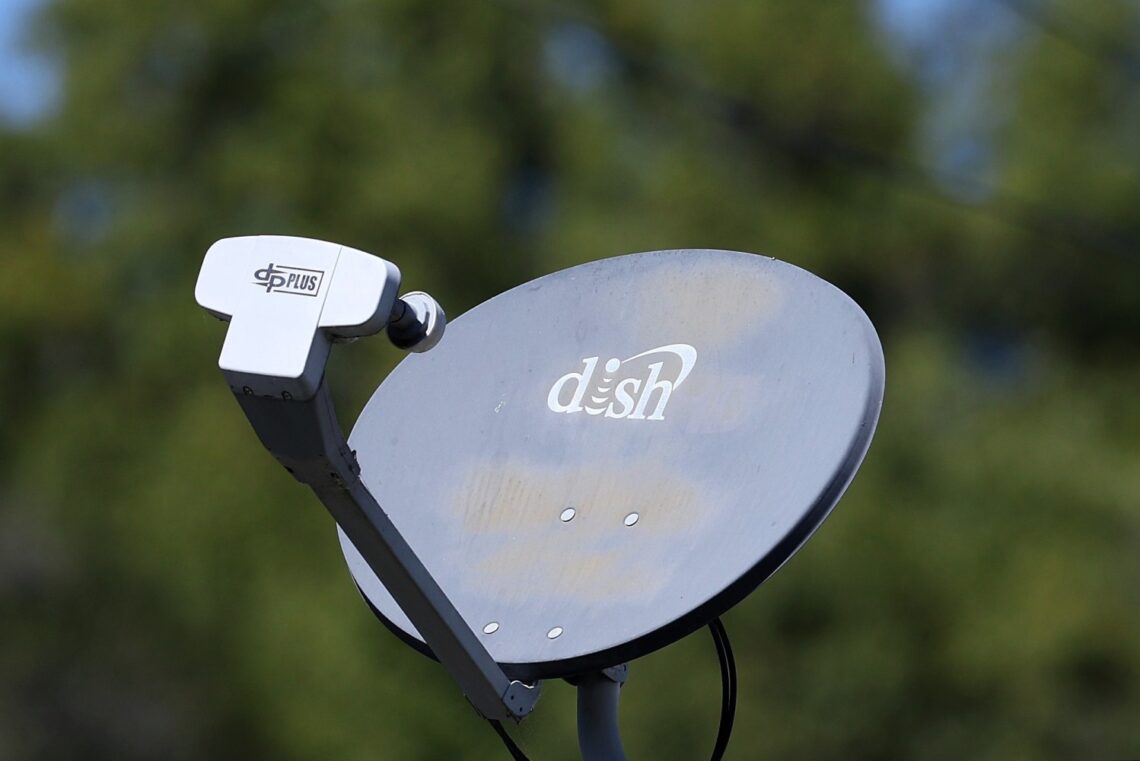EchoStar’s proposed deal: A closer look at the Dish Network and DirecTV merger
The financial intricacies of the Dish Network and DirecTV merger
In a significant move within the telecommunications industry, EchoStar has proposed a deal to sell Dish Network to DirecTV. The transaction involves a nominal cash payment of $1 and the assumption of $9.75 billion in debt. This deal has raised eyebrows, particularly from credit-rating agency S&P Global, which likens it to Dish defaulting on its debt securities.
The subpar exchange offer and its implications
As part of this deal, Dish DBS has announced a “subpar exchange offer” for various tranches of its debt, totaling around $10 billion. Additionally, Dish Network Corp. has proposed an exchange of $4.9 billion in convertible notes for new securities, alongside issuing $5.1 billion in new money notes.
S&P Global has expressed concerns, stating, “We view these transactions as tantamount to a default because investors will receive less value than the promise of the original securities.” The agency further elaborated that the exchange rate for the new DirecTV issuer notes is significantly discounted compared to the original securities, and the maturity dates will be extended. However, the new notes will carry a higher interest rate of 8.875% and will be secured by assets of the combined DirecTV and Dish businesses.
Impact on credit ratings
Due to the terms of the announced deal, S&P has downgraded its issuer credit rating on Dish DBS and Dish Network from “CCC-” to “CC.” This downgrade indicates that a default, distressed exchange, or redemption appears inevitable within six months. The negative outlook reflects that S&P will lower the issuer credit rating to “selective default” and the issue-level ratings to “D” if the exchange is completed as proposed.
Conversely, the outlook on EchoStar and its sister company, Hughes Satellite Systems, has been revised to positive. S&P noted that they could raise the issuer credit ratings to “CCC+” following the completion of the Dish Network transactions, based on an improved liquidity position at EchoStar. However, the rating upside is likely limited to “CCC+” due to wireless cash burn, execution risk, and uncertainty regarding EchoStar’s long-term wireless earnings growth.
Financial backing and future prospects
As part of the DirecTV-Dish transaction, TPG Angelo Gordon and some co-investors, along with DirecTV, have provided $2.5 billion in financing to fully refinance Dish TV’s November 2024 debt maturity of $2 billion. Additionally, Dish’s supporting lenders have committed $5.1 billion in new money in the form of 10.75% spectrum-backed secured notes due 2029. These notes are secured by AWS-3 and AWS-4 spectrum assets and are contingent on the proposed Dish Network exchange closing, which requires 90% participation. EchoStar has also entered into agreements with certain investors for an equity issuance worth approximately $400 million.
AT&T’s role and the future of the combined entity
In a related development, AT&T has announced the sale of its 70% stake in DirecTV to TPG, the private-equity firm that already owned 30% of the operator, for $7.6 billion. AT&T had acquired DirecTV in 2014 and spun off the satellite TV operator three years ago, retaining a majority ownership stake.
If the DirecTV acquisition of Dish goes through, pending regulatory approvals, the combined company would have around 18 million customers, making it the largest U.S. pay-TV provider. However, this subscriber number is down 63% from peak levels in 2016 for both DirecTV and Dish.
Industry reflections and future outlook
The proposed merger between Dish Network and DirecTV is a significant event in the telecommunications industry, reflecting broader trends and challenges. The deal underscores the financial pressures faced by traditional pay-TV providers in an era of cord-cutting and streaming services. The combined entity will need to navigate these challenges while leveraging its scale to offer competitive services.
The financial maneuvers involved in this deal, including the subpar exchange offer and the issuance of new securities, highlight the complexities of managing large-scale debt and the importance of maintaining investor confidence. The outcome of this merger will be closely watched by industry analysts and stakeholders, as it could set a precedent for future consolidations in the sector.
Did you enjoy this article? Share it on your social channels and let us know your thoughts! Don’t miss out on the latest updates! Follow us on social media to stay informed about the newest releases.

 Italian
Italian







